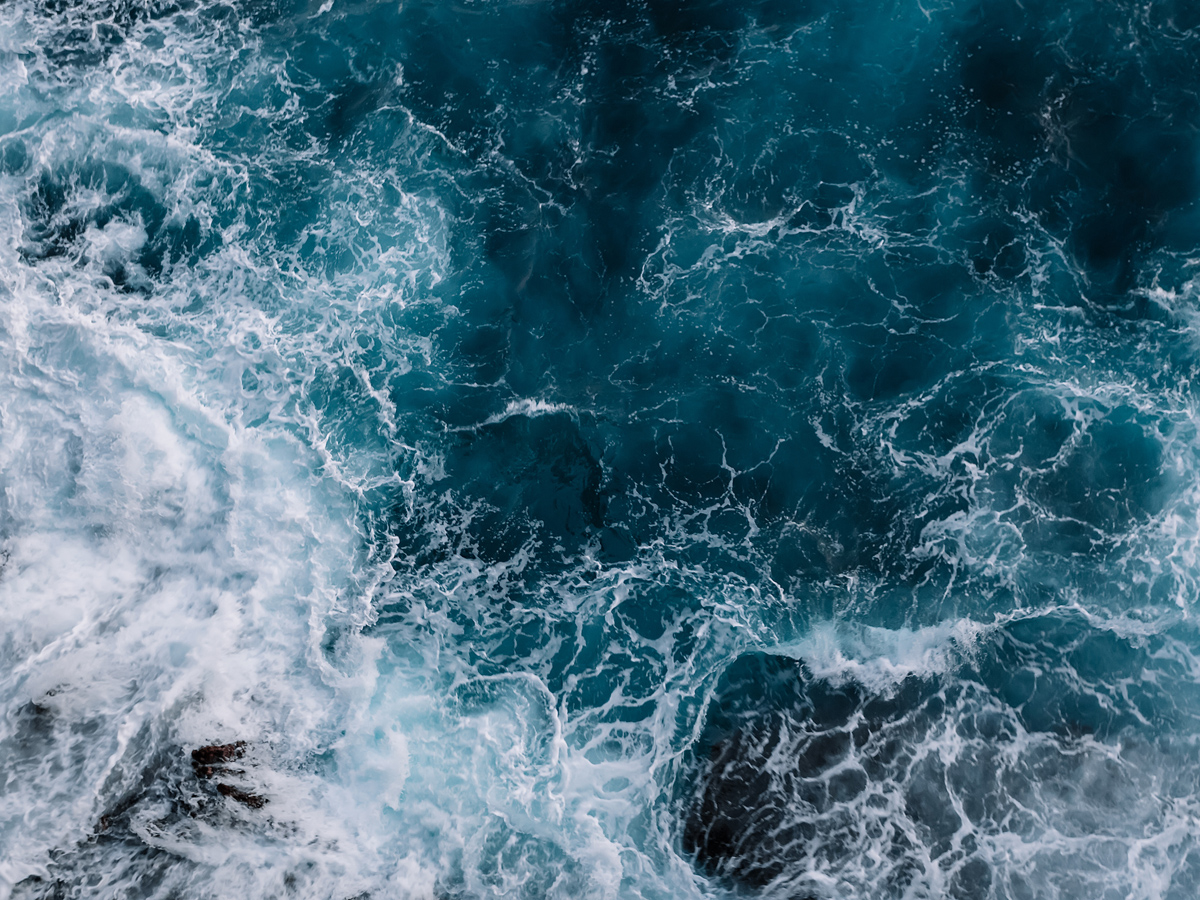Does the benefit of ocean noise pollution outweigh its environmental impact?

John Shiga explains how sonar has had a broad impact on ocean life.
The impact that humans have on water, and in particular the ocean, can’t always be measured in terms of contaminants and debris. In his studies into the evolution of sonar — from a means of detecting ice floes to conducting warfare, industrializing ocean waters, and studying marine life — professional communications professor John Shiga hopes to open a dialogue about the impact of introducing noise into the oceans. He also seeks to explore the social responsibilities surrounding human intrusion into this space.
Shiga’s project Audible oceans: Sonar and the history of ocean noise delves into decades of using sonar and aims to provide sound maps of sonar usage, as well as evidence-based data on sound events to engage the public on the topic of ocean noise.
The uses of sonar are varied. According to Shiga, the military became interested in using sonar during the First and Second World Wars: “With underwater warfare, it becomes of great national importance to figure out how sound behaves underwater.” Particularly during the Cold War, missiles were being hidden and deployed underwater. “This is where you begin to see the development of global sonar networks,” said Shiga.
Based on these uses, non-governmental organizations and the Canadian government began to assess the issue of human-introduced sound into the ocean.
Shiga explained that the impact of sonar is far-reaching and we don’t fully understand the negative effects. What is apparent is that the reverberations of sonar interfere with navigation and communication for creatures who live beneath the sea. Moreover, the use of sonar or air guns that send huge blasts of air to the ocean floor to assess the space using reverberations has been shown to upset marine life. “For behaviours like mating and searching for food, it’s disruptive,” said Shiga. In his research, he has also come across studies that indicate a correlation between whales “beaching” themselves and large acoustic events (such as the use of air guns). “Those large charismatic mega fauna, such as whales, tend to get a lot more attention than the smaller creatures that we don’t see,” said Shiga. “They helped bring attention to the cause.”
While there are primary effects on marine life that we as humans are only beginning to understand, the secondary effects of using sonar include rapidly growing and expanding a sea-based shipping industry, assisting in off-shore drilling for oil and minerals, and generally increasing human presence in the water, whether it be for commercial or recreational uses.
Shiga aims to publish a book on his findings and engage the public in a discourse on the subject. “There are a lot of scientists who have a foot in both circles,” said Shiga. “There is a lot of interesting overlap between ocean science and the military. I want to contribute to the understanding of the long history of not only moving through ocean space but altering it in some key ways. And to show how the research of well-meaning, well-intentioned scientists has unintended consequences down the line.”